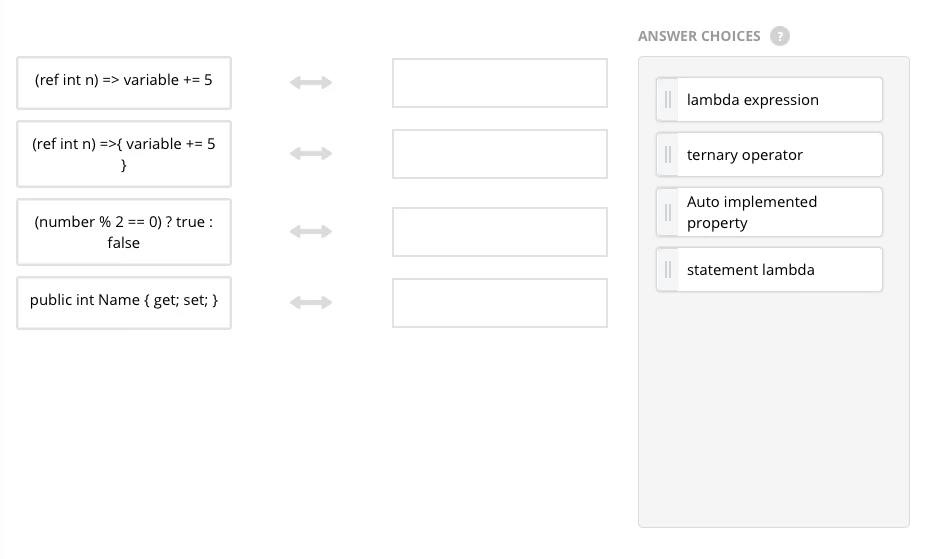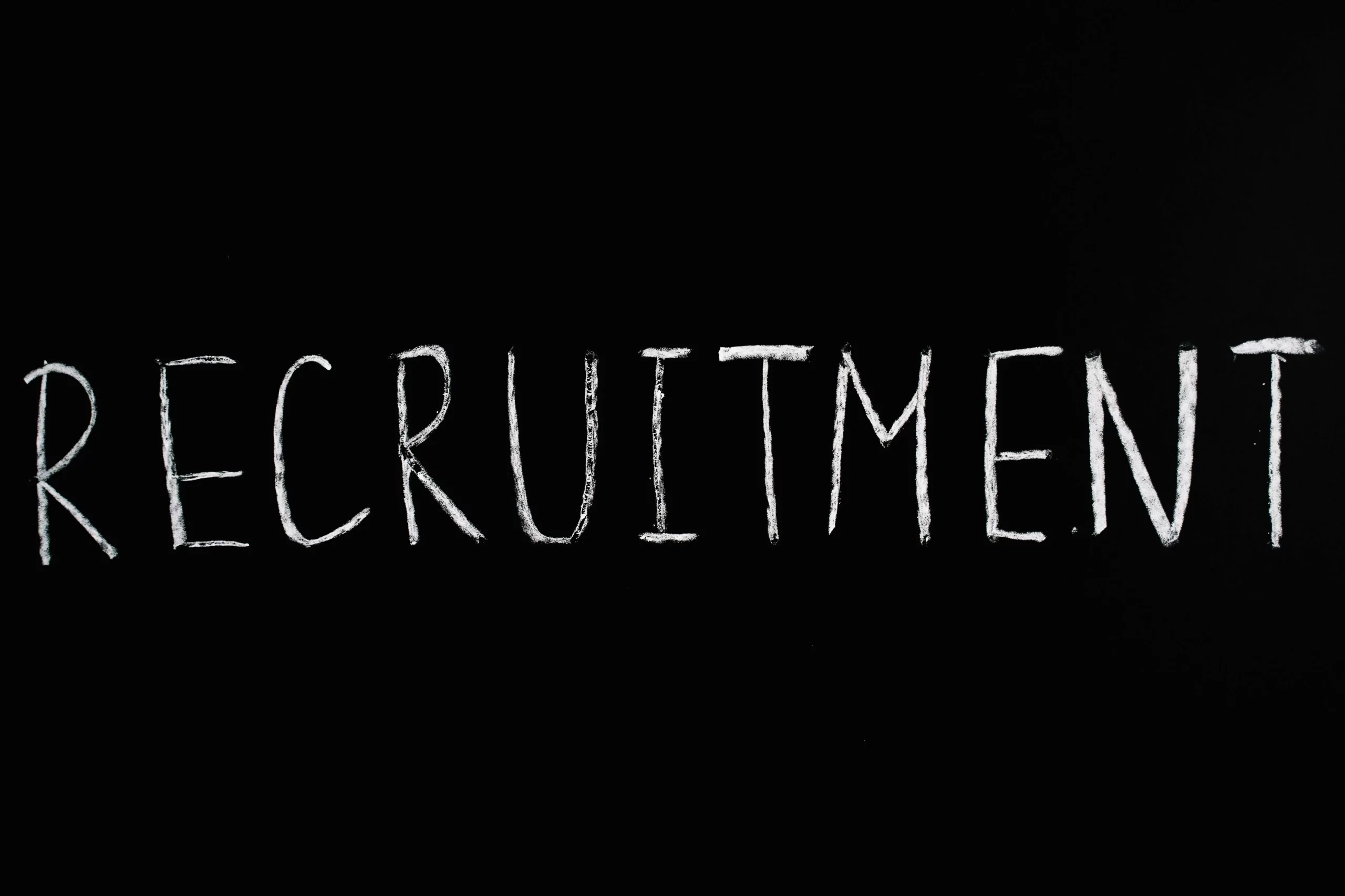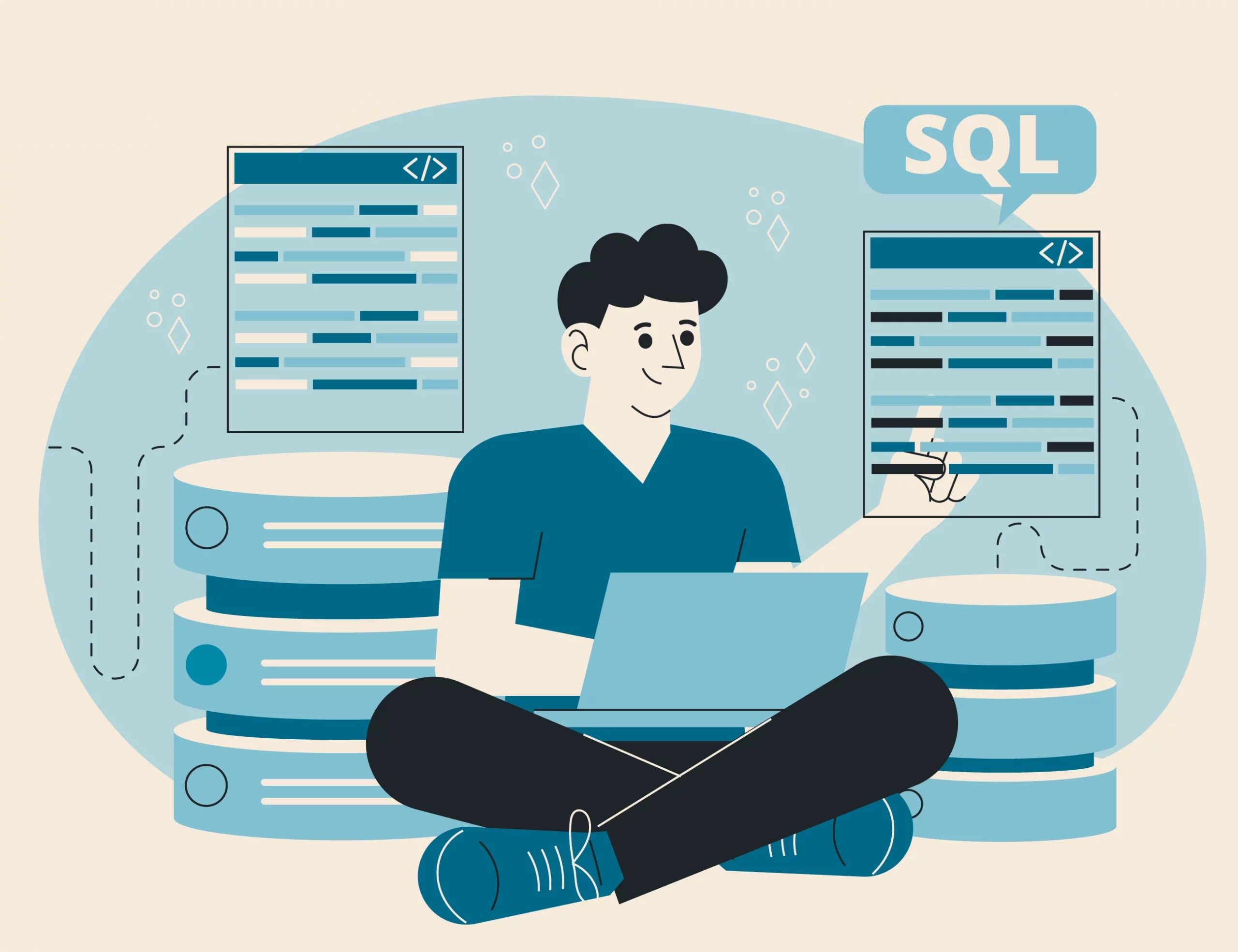A .NET Developer is a skilled professional dedicated to constructing software applications using languages and technologies within the .NET framework. Their role encompasses designing, coding, testing, and deploying applications, along with offering technical support and ensuring the ongoing maintenance of software throughout its lifecycle.
.NET Developer Job Description
Responsibilities:
- Collaborate with cross-functional teams to define, design, and ship new features.
- Develop high-quality software using .NET technologies.
- Write clean, scalable code using .NET programming languages (C#, VB.NET).
- Test and deploy applications and systems.
- Revise, update, refactor, and debug code.
- Improve existing software by analyzing and identifying areas for modification.
- Stay up-to-date with the latest industry trends and technologies.
Requirements:
- Proven experience as a .NET Developer or Application Developer.
- Familiarity with the ASP.NET framework, SQL Server, and design/architectural patterns (e.g., Model-View-Controller).
- Knowledge of at least one of the .NET languages (e.g., C#, Visual Basic .NET) and HTML5/CSS3.
- Familiarity with architecture styles/APIs (REST, RPC).
- Understanding of Agile methodologies.
- Excellent troubleshooting and communication skills.
- Attention to detail.
.NET Developer Interview Questions
When interviewing a .NET developer, it’s important to ask questions that assess their technical skills, problem-solving abilities, and their fit for the specific role and project. Here are some top questions to ask a .NET developer:
- Basic Technical Knowledge:
- What is .NET, and how does it differ from other development frameworks?
- Can you explain the Common Language Runtime (CLR) and its role in .NET?
- Programming Languages:
- Which programming languages are commonly used with .NET?
- What is C#? How does it relate to .NET?
- ASP.NET (for web developers):
- What is ASP.NET, and how does it work?
- Explain the difference between ASP.NET Web Forms and ASP.NET MVC.
- .NET Core vs. .NET Framework:
- What are the key differences between .NET Core and .NET Framework?
- When would you choose one over the other?
- Database Connectivity:
- How do you connect to a database in a .NET application?
- Can you explain Entity Framework and its advantages?
- API Development:
- How do you create and consume APIs in .NET?
- What is RESTful API design, and how can it be implemented in .NET?
- Dependency Injection:
- What is dependency injection, and why is it important in .NET development?
- How do you implement dependency injection in a .NET application?
- Testing and Debugging:
- What testing frameworks and tools have you used for .NET applications?
- How do you debug a .NET application when issues arise?
- Security:
- How do you secure a .NET application against common vulnerabilities?
- Can you explain authentication and authorization mechanisms in .NET?
- Performance Optimization:
- What techniques do you use to optimize the performance of a .NET application?
- How do you handle memory management in .NET?
- Version Control and Collaboration:
- Which version control systems have you used with .NET projects?
- How do you collaborate with team members in a .NET development environment?
- Development Tools:
- What development tools and IDEs do you prefer for .NET development?
- Are you familiar with Visual Studio and its features?
- Software Design Patterns:
- Can you explain some common design patterns used in .NET development?
- When and why would you use the Singleton or Factory pattern in a .NET application?
- Project Experience:
- Can you share examples of .NET projects you’ve worked on in the past?
- What challenges did you face, and how did you overcome them?
- Continuous Integration/Continuous Deployment (CI/CD):
- Have you worked with CI/CD pipelines for .NET projects?
- Which CI/CD tools are you familiar with?
Access more interview questions here
.NET Developer Skill Assessment Questions
A .NET Developer needs a combination of technical and soft skills to excel in his/her field. Some of the top skills for a .Net Developer would include skills like: .Net Core, C#, Rest API, SQL, ASP.NET, Database knowledge, Web technologies (HTML, CSS and Javascript), API development, Front-end frameworks (Angular or React)
Hiring for technical roles is not always easy and technical skill assessment tests are the best way to see if their skills on paper translate to real-world skills.
Glider AI technical skill assessments are a great tool to help hire a technically sound .NET Developer. Here’s an example from our technical skill assessments for a .NET Developer:
Topic:. .Net Core
- Match the following statements with their respective correct labels





